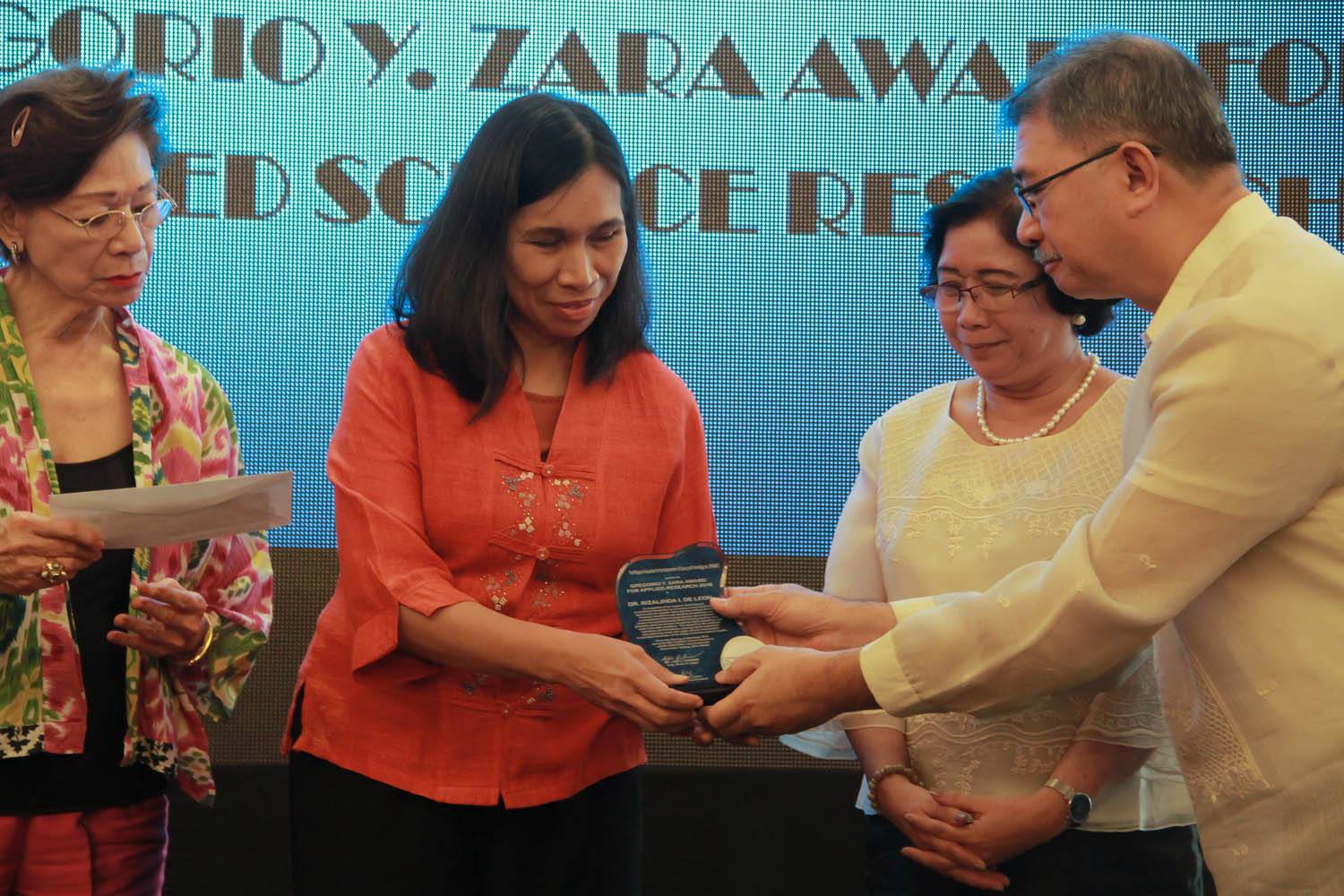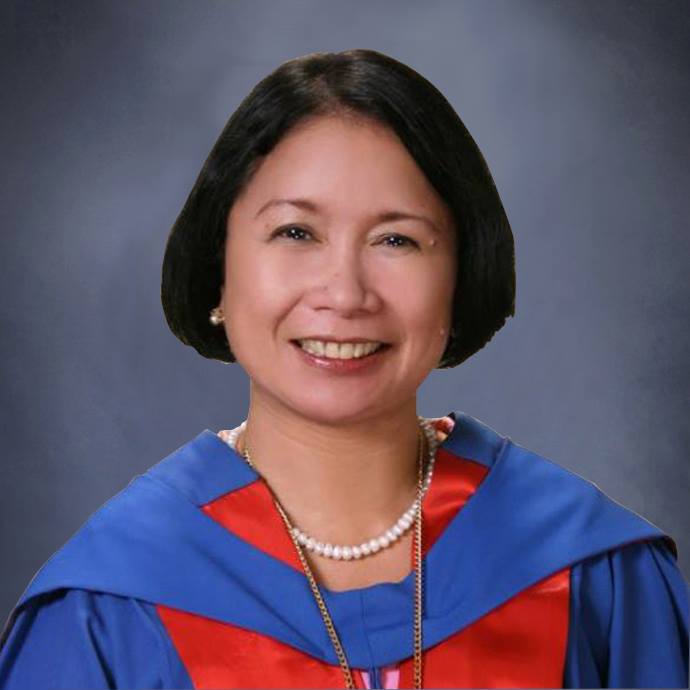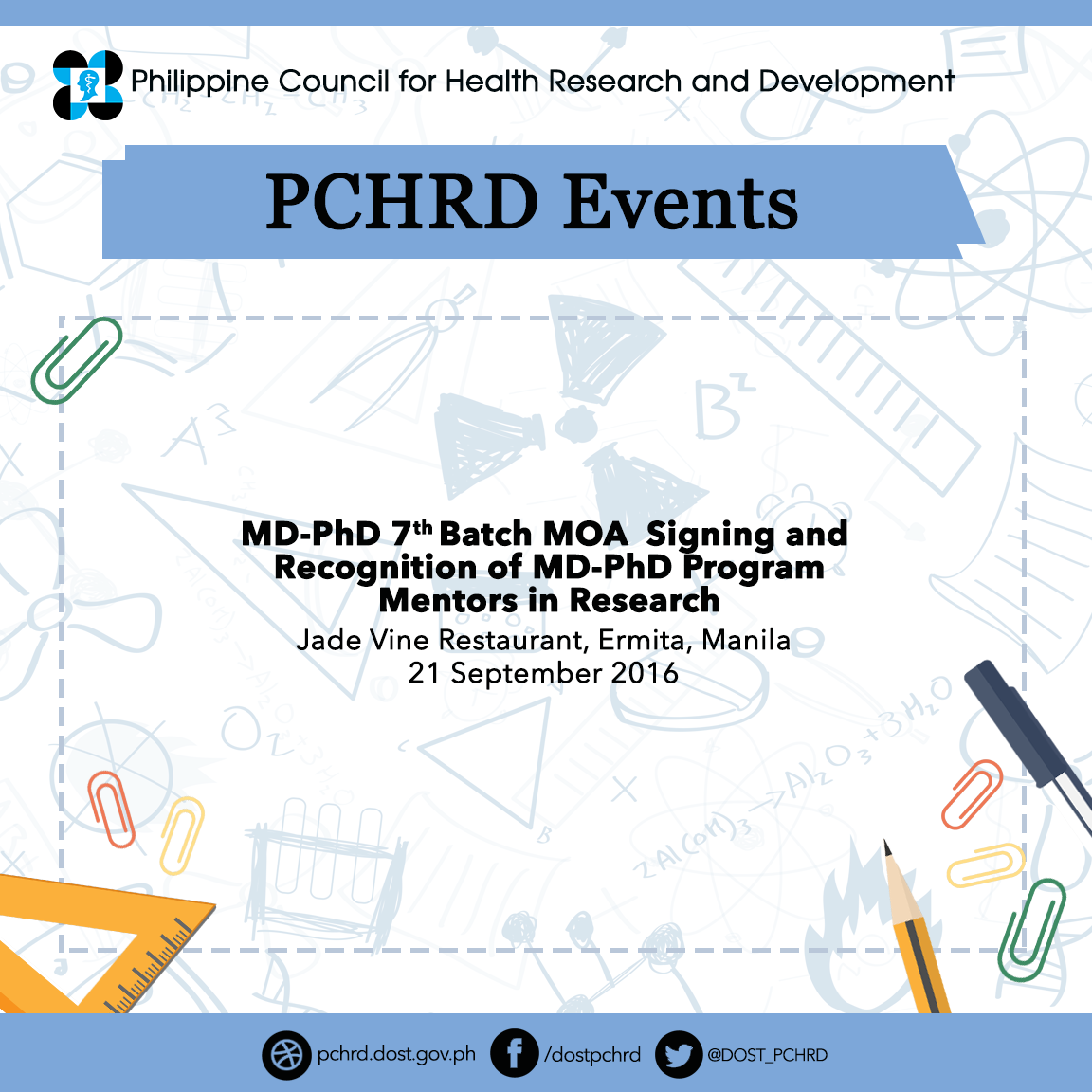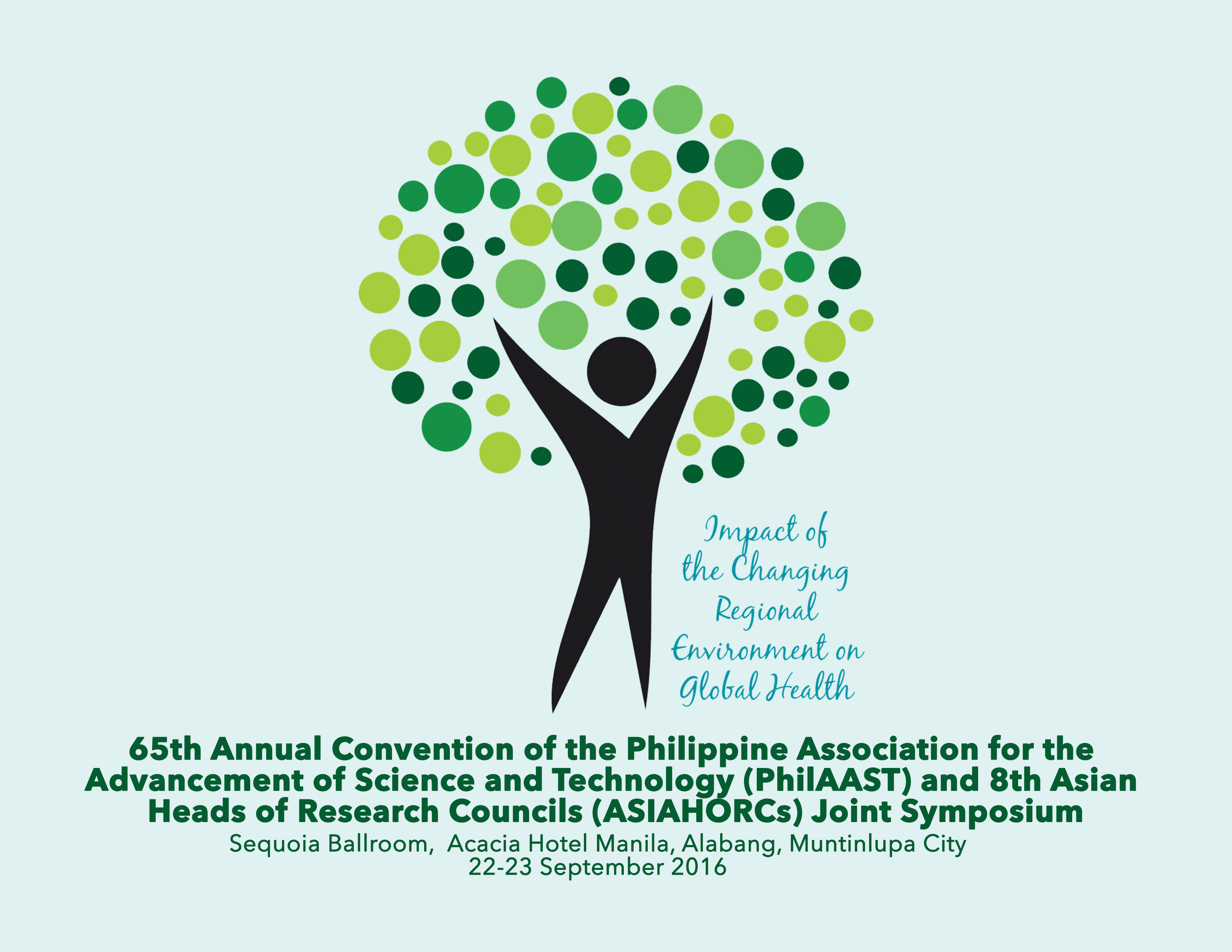ALABANG, Muntinlupa City- Dr. Rizalinda De Leon of the University of the Philippines (UP) received the Gregorio Y. Zara Award for Applied Science Research in the recent annual convention of the Philippine Association for the Advancement of Science and Technology (PhilASST).

(Photo Credits: Henri De Leon of DOST-STII)
The award was established by the family of National Scientist Gregorio Y. Zara and the Philippine Association for the Advancement of Science (former PhilAAST) in 1968 to honor the most outstanding national scientists of the country. To date, the award already recognized 70 Filipino scientists and researchers.
Dr. Rizalina De Leon, Dean of the UP College of Engineering, was recognized due to her contributions in energy fuels and thermal systems.
De Leon also engaged in different projects related to energy by being the head of the UP Fuels, Energy and Thermal Systems Laboratory, faculty coordinator of the Energy Engineering Program, and co-head of the Engineering Research and Development Technology (ERDT).
With her expertise, De Leon became the project leader of the Mentoring Program in Energy Engineering of the Department of Science and Technology-Science Education Institute (DOST-SEI). She has been invited to participate in several local and foreign fora as speaker and lecturer.
De Leon also received various awards which includes the 2015 Outstanding Professional in Chemical Engineering, given by the Professional Regulation Commission. ■
ALABANG, Muntinlupa City- In the recent 65th Convention of the Philippine Association for the Advancement of Science and Technology (PhilAAST), Dr. Maribel Nonato of the University of Santo Tomas (UST) bagged the Gregorio Y. Zara Award for Basic Science Research.

(Photo from University of Santo Tomas.)
The award was established by the family of National Scientist Gregorio Y. Zara and Philippine Association for the Advancement of Science (former PhilAAST) in 1968 to honor some of the most outstanding national scientists of the country.
Dr. Maribel Nonato, UST Vice Rector for Research and Innovation, earned the award for her pioneering study on phytochemistry and biological activities of Philippine-grown species of Pandan plant.
Nonato obtained her doctoral degree in Organic Chemistry from the University of Wollongong, New South Wales, Australia. During this time, there were very limited works reported on pandan, she emphasized.
Upon her return to the country, Nonato resumed her research activities to discover further benefits of the plant apart from their known medicinal and handicraft uses. Her research on novel alkaloids (organic compounds) of pandan earned her the 2006 National Research Council of the Philippines Achievement Award in Chemical Sciences.
Nonato’s studies showed the potential of pandan as source of antimicrobials, antivirals, and antioxidants. Neighboring countries like Malaysia, Indonesia, and Thailand also started to undertake similar researchers on their pandan species. ■
QUEZON CITY, METRO MANILA- The latest batch of MS Molecular Medicine scholars signed the Memorandum of Agreement (MOA) with the Philippine Council for Health Research and Development (PCHRD) during their course orientation on 27 September 2016 at St. Luke’s College of Medicine.

The latest batch of MS Molecular Medicine scholars.
The batch includes Maria Patricia Diño from University of Santo Tomas (UST), Adrian Fernandico from University of the Philippines Los Baños (UPLB), Lorenzo Gabriel Limbaga from Ateneo de Zamboanga University, Mark Joseph Sison from Manila Central University (MCU), and Patricia Lyanne Teruel from Miriam College.
The MS Molecular Medicine Program, a joint initiative of the Department of Science and Technology (DOST), through PCHRD, and St. Luke’s College of Medicine (SLCM), is designed for individuals interested in pursuing a research path in translational medicine.
During his inspirational speech, PCHRD Executive Director Jaime Montoya advised the scholars to remember that the scholarship is not for their advantage alone, but for their countrymen as well.
“There are two things that I want you [scholars] to do. First, keep on learning. Be prepared to hone your expertise, enhance your skills, and reinvent yourself every time. Second, learn from your experiences. Do not be afraid to fail for these are the things you would learn most,” Dr. Montoya emphasized.
The program gives students a firm foundation in the biomedical sciences and relevant emerging technologies to develop a highly trained manpower base for Molecular Medicine such as clinicians, medical laboratory technicians, scientists, and other healthcare professionals.
“Keep your [scholars] options open and remember that the PCHRD scholarship is not only a privilege, but also a duty and responsibility,” Dr. Isaac David Ampil, SLMC Research and Biotechnology Group Vice President & Dean, added.
The MS Molecular Medicine is one of the scholarships provided by the Council. Recently, PCHRD also signed agreements with scholars of MD-PhD Molecular Medicine Program.







